Ten Reasons You Should Totally Visit Hangzhou
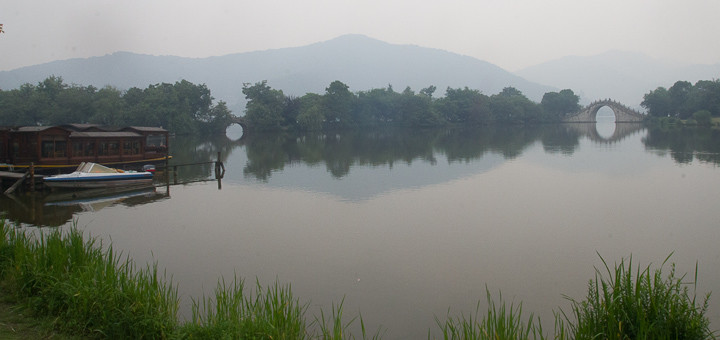
To Chinese, the city of Hangzhou, a budget airline hub that’s under an hour from Shanghai by bullet train, encapsulates the cultured, artistic leisure of China’s Song Dynasty Golden Age and life south of the Yangtze. To the relatively few Westerners who visit, Hangzhou feels like bottled essence of China: tea, silk and landscapes garlanded in willows and adorned with reflected bridges.
And, whether you already love China, you’re looking to start a lifelong love affair with China, or you’re just curious about what the world’s oldest civilisation and most populous nation looks like, here are ten reasons you should totally visit Hangzhou.
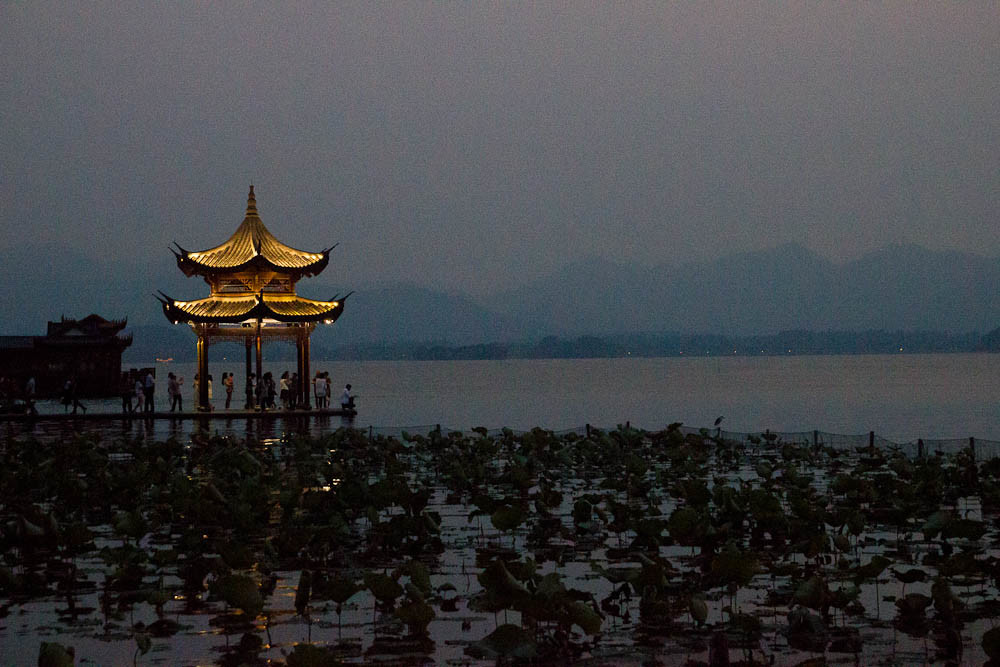
CLASSICAL LANDSCAPES
Framed by mountains rich in tea plantations and lined with classical architecture, Hangzhou’s West Lake is just stunning. Causeways and bridges lead over reflecting waters; boats to and fro between sculpted islands. Willow gardens reveal crafted vistas of blossoming water lilies. And there’s nothing quite like strolling along the lakefront by night to watch the light and water show.
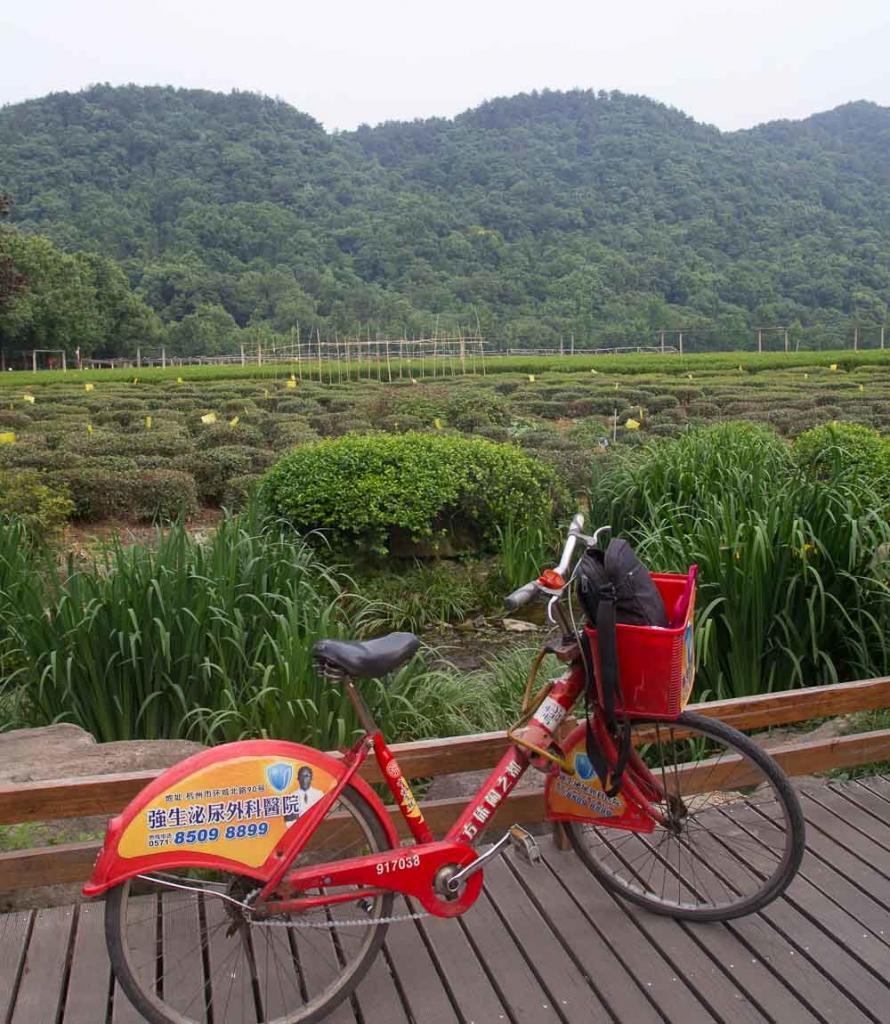
WALKABILITY (AND CYCLABILITY)
One of many unnerving things about life as a pedestrian in China is the silent-but-deadly electronic bikes that sneak up behind you on the pavement at considerable speed. The shores of West Lake are largely pedestrianised, making a stroll here an absolute delight. Hangzhou also boasts one of the world’s largest bikeshare schemes: for a 200RMB deposit, plus a few kuai if you keep a bike for longer than an hour, you can navigate West Lake in comfort and safety. The metro system is coming along in leaps and bounds.
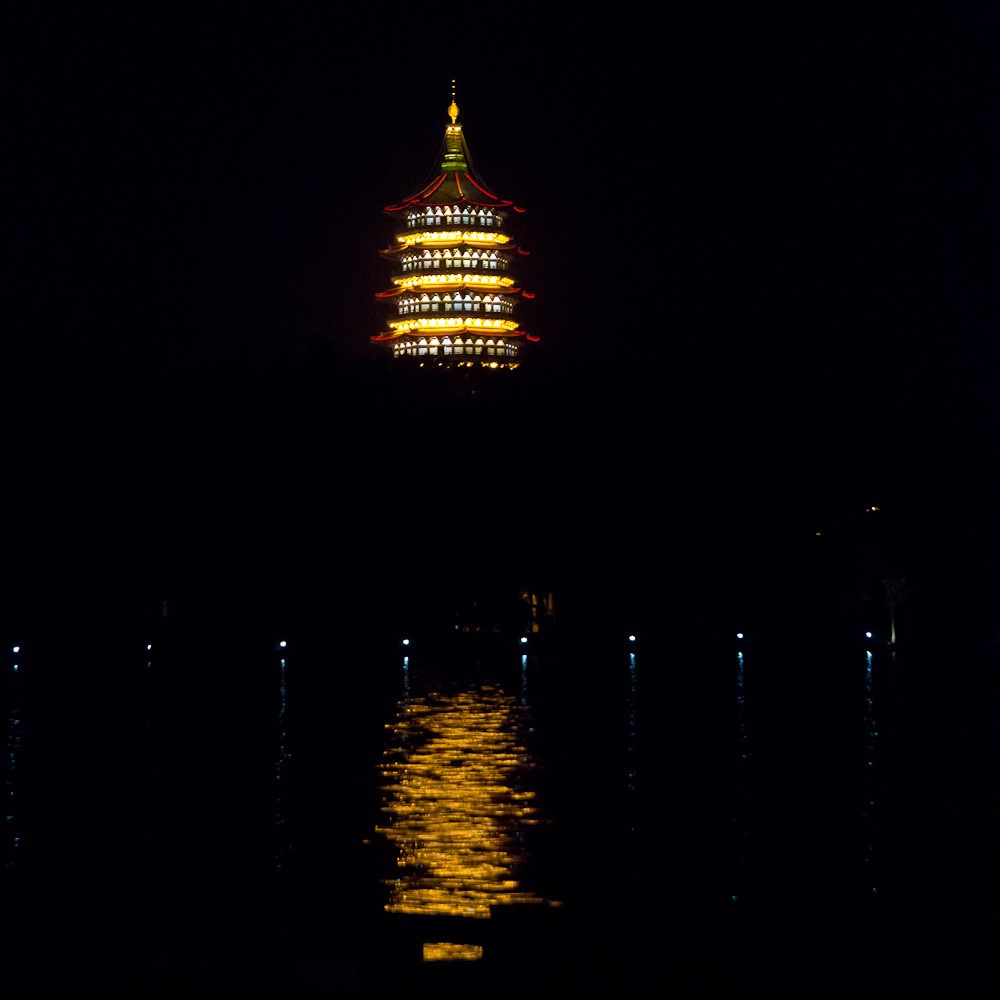
THE GRAND CANAL
A feat of engineering that makes even the Great Wall seem like child’s play, construction first began on China’s Grand Canal around 2500 years ago. The longest artificial waterway in the world, it runs almost 1800km from Beijing to Hangzhou. Many stretches are silted up, but Hangzhou has cleaned up its section, and started to prettify and restore the walkways, waterways and few remaining older houses: the 7.30pm night boat tour from Wulinmen Wharf is a great way to experience it (all commentary in Chinese).
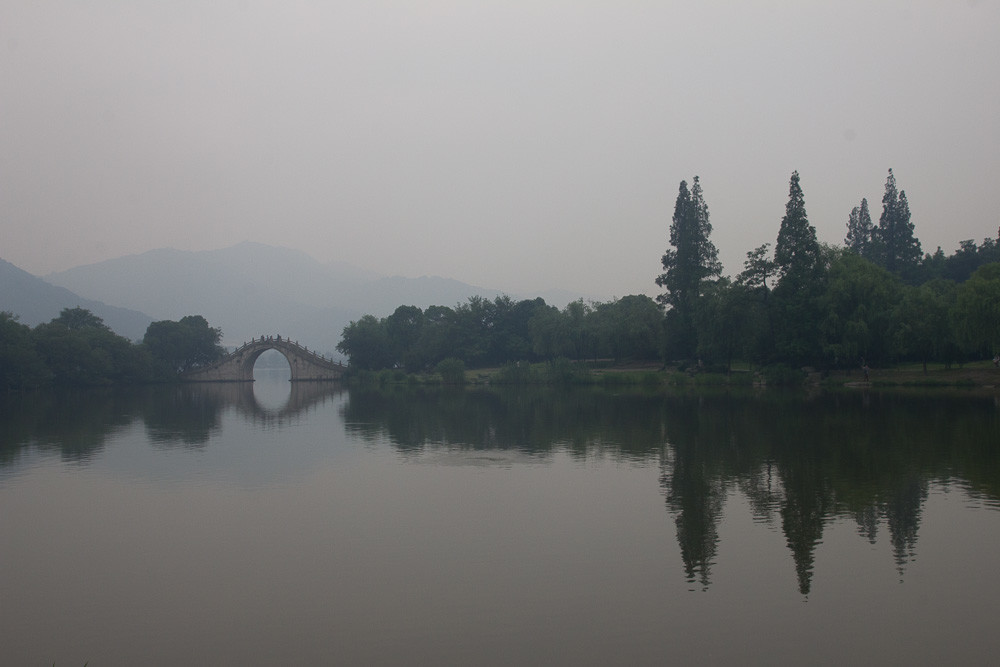
PARKS AND GARDENS
Like most people, when I rave about Hangzhou, I’m really raving about the West Lake area, with its artfully framed views and artfully natural gardens, including expansive botanical gardens, a rose-filled nursery and an island rockery. Yet Xianghu Lake, a short sharebike ride from the last stop on Metro Line 1, is a stunning reinvention of an ancient lake, and an ideal picnic spot. (Hangzhou is big on reinvention: much of what seems ancient here was rebuilt at the end of last century, or more recently.)
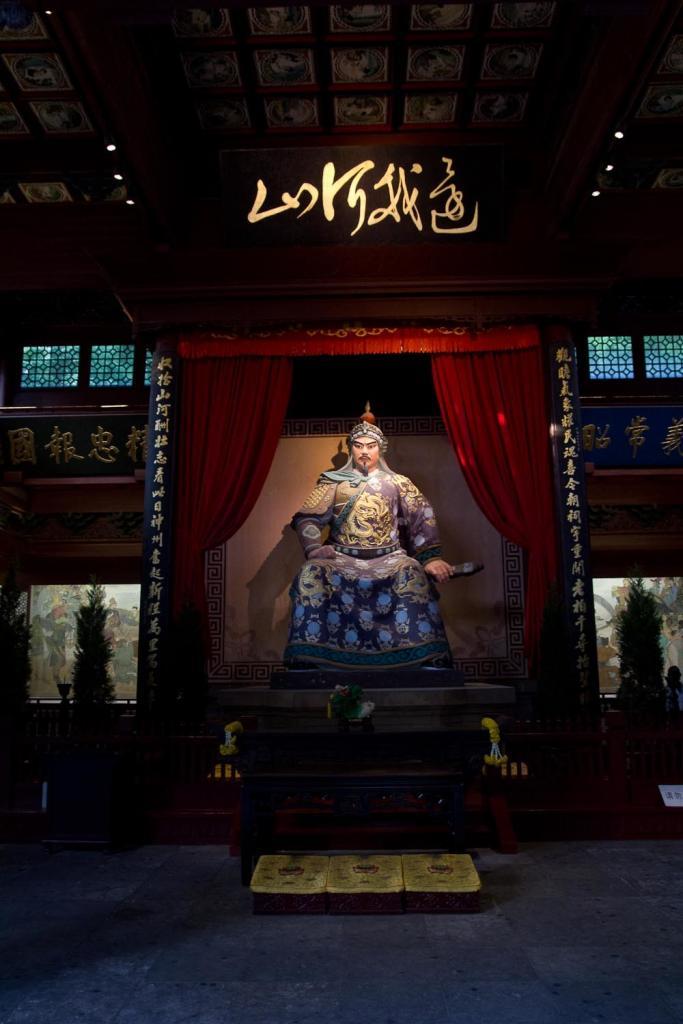
HISTORY
When Marco Polo visited Hangzhou in the late 13th century, it was already home to over a million people and “the finest and most splendid city in the world”. Hangzhou was, very briefly, one of China’s capitals; septuple threat and all round Renaissance man Su Dongpo was governor; a visit to the tomb of the military martyr Yue Fei is like a crash course in Chinese heritage.
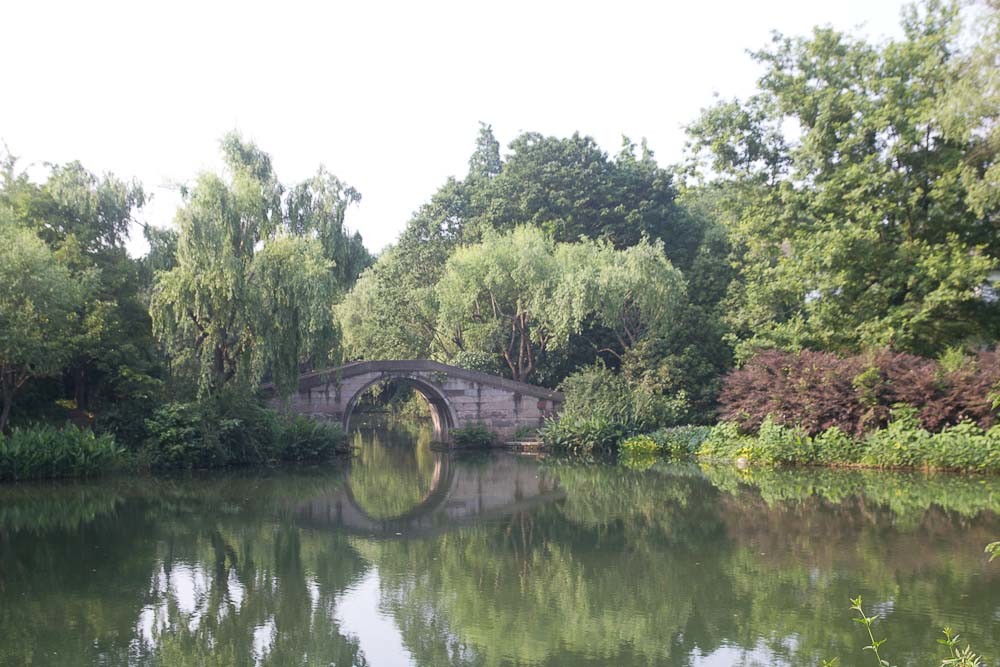
ENVIRONMENT
Thanks to the influence of a former mayor, Hangzhou has embraced the green economy: besides two green museums, and typically unsightly industrial zones devoted to green industries, considerable effort has gone into restoring water and air quality. You can stay overnight in the Xixi Wetland National Park, well inside the city limits though a LONG way from West Lake, and watch herons and egrets fishing. Up in the hills and the tea villages, the air can feel positively fresh – which is frankly amazing this close to Shanghai – and there are a wealth of different activities you can do in China.
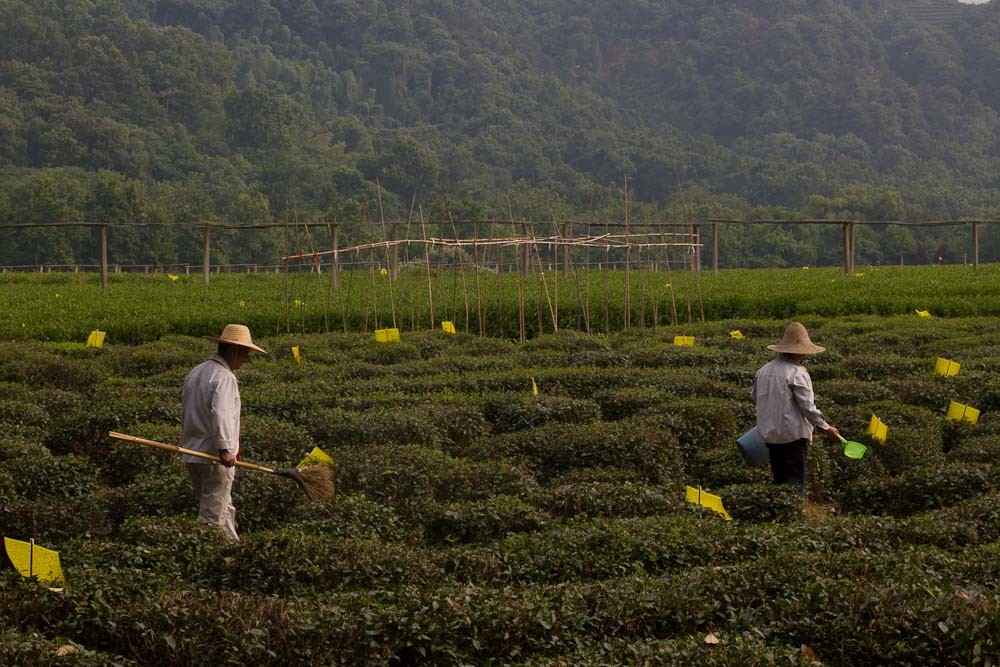
TEA
Probably China’s single most famous tea, protected by China’s answer to the EU’s AOC system, Longjing (or Dragon Well) green tea grows in the hills around Hangzhou. You can watch pickers in action and enjoy tastings at the rambling, largely open-air Tea Museum, just above the lake, or head out into the villages to experience its unique soy sauce aroma in a farmer’s house or classical tea garden. (The Imperial Tea Garden in Longjing village is a magical spot, although you’ll need to speak Chinese AND know your tea to get the best teas here.)
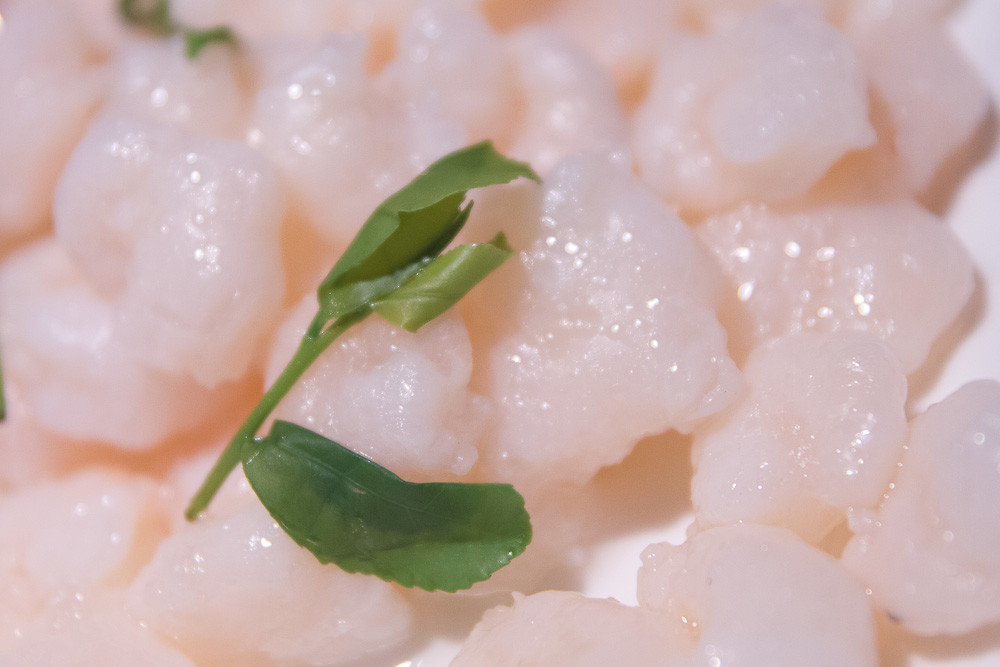
FOOD
Hangzhou has its own unique cuisine – Zhejiang cuisine is one of the eight culinary traditions of China, and the province’s cities each have their own very specific styles. Yet you’re unlikely to sample it outside its home region. That’s a shame, because Hangzhou food is lovely: succulent Longjing prawns, fragrant, full-bodied Longjing roast chicken, lusciously fatty Dongpo pork, West Lake fish in vinegar, floral osmanthus rice cake – and more. The Grandma’s House (Wai Po Jia) chain has great value Hangzhou fare, while Longjing Manor is a groundbreaking locavore concept (for serious fans of Chinese food only), and Lou Wai Lou on Lonely Island is iconic.
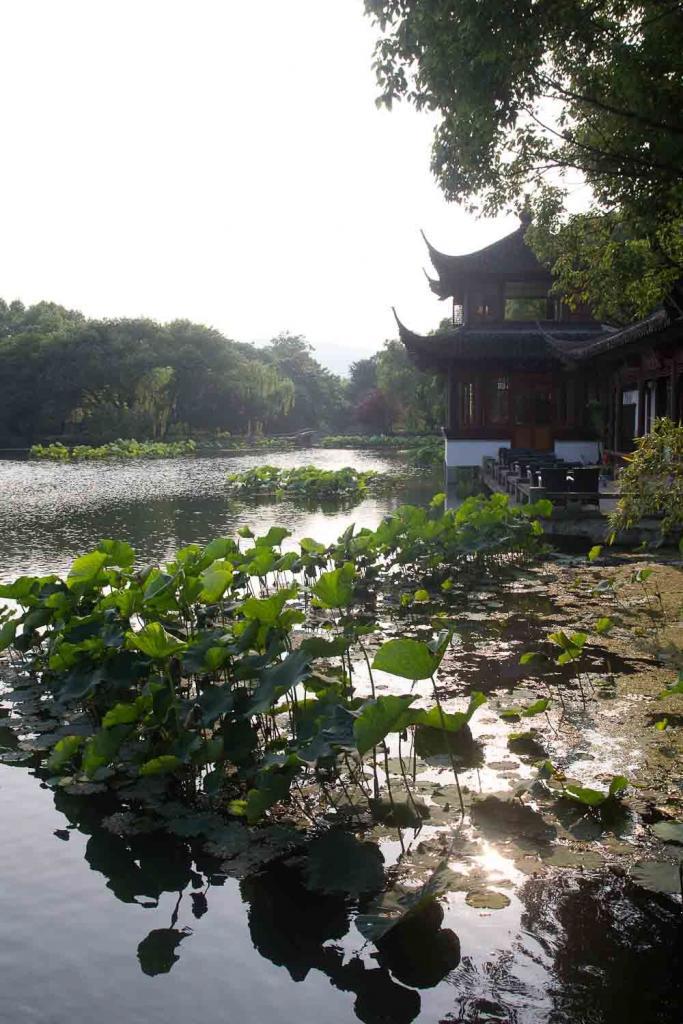
CULTURE
Hangzhou is no timewarp city: there’s an Aston Martin dealership on the lakefront and the full complement of luxury malls. But whether you’re looking at contemporary art in the art school, appreciating fine silks at the Silk Museum or wondering just how many views the long-lived and celebrated Emperor Qianlong wrote poems about, Hangzhou delivers laser-guided insight into the heart of Chinese culture.
WHERE TO STAY IN HANGZHOU
If you’re visiting Hangzhou as a tourist, the West Lake area is where you want to be. (And, no, the Xixi Wetlands are nowhere near West Lake – ignore what the booking sites tell you.)
While Hangzhou has its full complement of chain hotels, most of them in the city proper, as often in China many hostels have more character and better locations than Hanting et al.
Budget: Mingtown International Youth Hostel
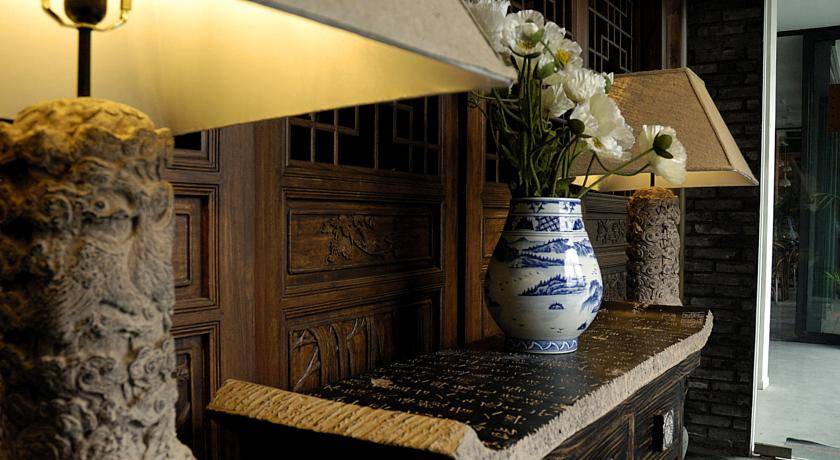 Less slick than some of YHA China’s budget offerings, but with plenty of retro charm, this is seconds from West Lake and minutes from the classic restaurants, with Belgian beer, helpful staff and plenty of opportunity to meet Chinese travellers. As well as dorms, there are single, double and family rooms, some of which have views over West Lake. If this one’s full, YHA China has other options close to the lake, but less well-positioned for restaurants &c.
Less slick than some of YHA China’s budget offerings, but with plenty of retro charm, this is seconds from West Lake and minutes from the classic restaurants, with Belgian beer, helpful staff and plenty of opportunity to meet Chinese travellers. As well as dorms, there are single, double and family rooms, some of which have views over West Lake. If this one’s full, YHA China has other options close to the lake, but less well-positioned for restaurants &c.
Visit website.
Check for discount rates on Agoda.
Mid-Range: Hangzhou Tea Villa Hotel
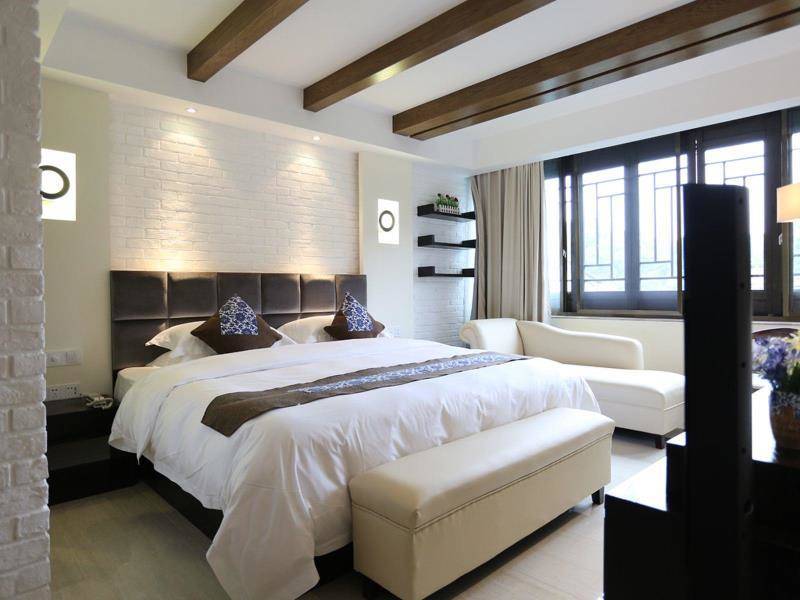
There’s a dearth of decent mid-range offerings in Hangzhou, and it seems wrong to stay in a big-box hotel in a spot like West Lake. Hangzhou Tea Villa is a short cycle or 10-minute walk to the quieter end of the lake, but the exposed brickwork in the rooms, the contemporary style and the sweet garden will easily make up for that.
Check for discount rates on Agoda.
High End: The Tea Boutique Hotel
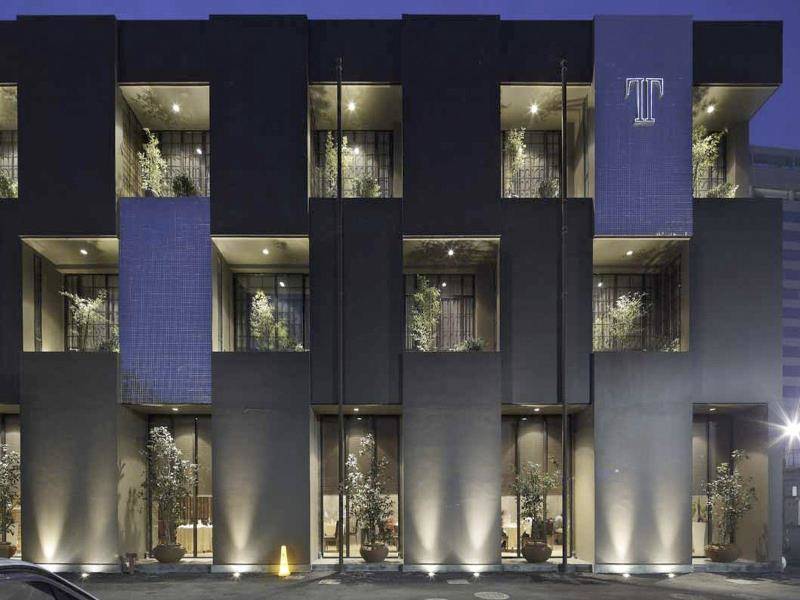
Stylish and minimalist, with airy, spacious rooms complete with balconies, the Tea Boutique Hotel is a better bet for most Western tastes than the big luxury brands, which cater, unsurprisingly, to a Chinese audience. It’s on the north side of the lake, which means many of the most popular attractions are a longish walk but easy cycle.
Visit website.
Check for discount rates on Agoda.
Splurge: Amanfayun
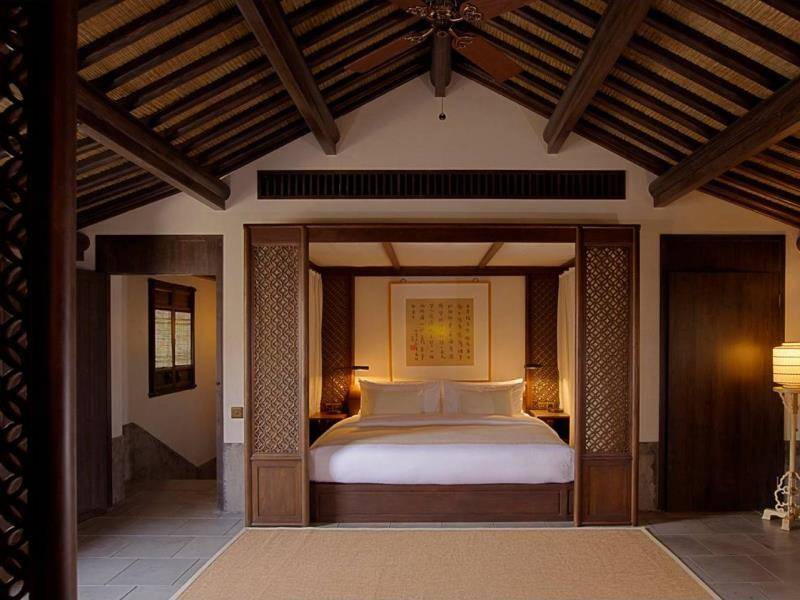
Out in the tranquil hills near the Lingyin Temple, this offering from Aman Resorts reimagines a Chinese tea-farming village as a Buddhist sanctuary. That includes a monastic veggie restaurant, a Chinese-led spa offer, fine art and calligraphy, misty, shady bamboo groves and private courtyards, and all the zen a Shanghai power couple could require of a long weekend.
Visit website.
Check for discount rates on Agoda.
BUT BEFORE YOU GO…. A WORD OF WARNING…
PICK YOUR MOMENT
Hangzhou is one of China’s top domestic tourism destinations, as well as a popular weekend daytrip from other Yangtze Delta cities. Do not even think about visiting during the Chinese peak seasons: the Lunar New Year holidays, the May Day and National Day holidays, and summer weekends (which can also be stinking hot). I’d recommend visiting in shoulder season – April, May and September – or come in March for the freshest first-flush teas. Check Chinese public holidays here. I’d also recommend visiting midweek, and heading to Shanghai for the weekend (NOT Suzhou or the canal cities).

You make Hangzhou look mighty appealing. And the hazy images transported me back to my visits to China and Taipei ages ago. Is that advertising on the Bikeshare bikes, btw? What a hoot!
Oh, yes. The party lives but Communism is thoroughly dead. There is, as I mentioned, an Aston Martin dealership in Hangzhou, as well as, from memory, Ferrari and Lamborghinis. Jealous of you for going while it was still old China.
China both overwhelmed me and blew my mind. Hangzhou looks much more my pace, though!
Yes, I’d thoroughly recommend it as a China starting point because you don’t get the harassment and scams you do in more Western cities like Shanghai and Beijing – Westerners are such a minority, really, no one’s interested in you.
It’s so beautiful there – and thanks for the tips on WHEN to go. Huge crowds aren’t my thing – first flush teas are!
I agree Hangzhou is worth a trip, and probably best for people to go now while they can. I was there a few years back and was the only non-Asian tourist I saw. I’ve heard that has changed and the same with Suzhou and the Fujian Province now. So get there before these spots become tourist hubs. I stayed in Mingtown YHA and it was great.
There were definitely other laowai there, but nothing in comparison to Chinese numbers…. Glad you liked Mingtown too – I did!
It’s really nice to see these pastoral scenes. Most of my time in China was spent in hectic, busting cities, and now I wish I’d added Hangzhou to the itinerary!
Part of it is, of course, hectic and bustling. But West Lake feels insanely serene.
Hello:
I spent hours (until past 1:30am – I had a 7am wakeup) reading your blog after clicking a haphazard link.
Wow – awesome adventures and terrific storytelling.
Thanks so much for sharing,
Best,
Thank for sharing such amazing details. Beautiful pictures that show how beautiful this place is. Wish to travel here some time in future. Love this: Hangzhou Tea Villa Hotel.
Thank again for crafting great post 😀